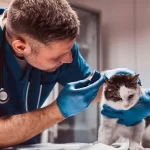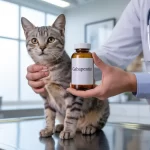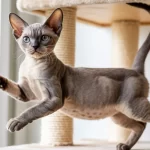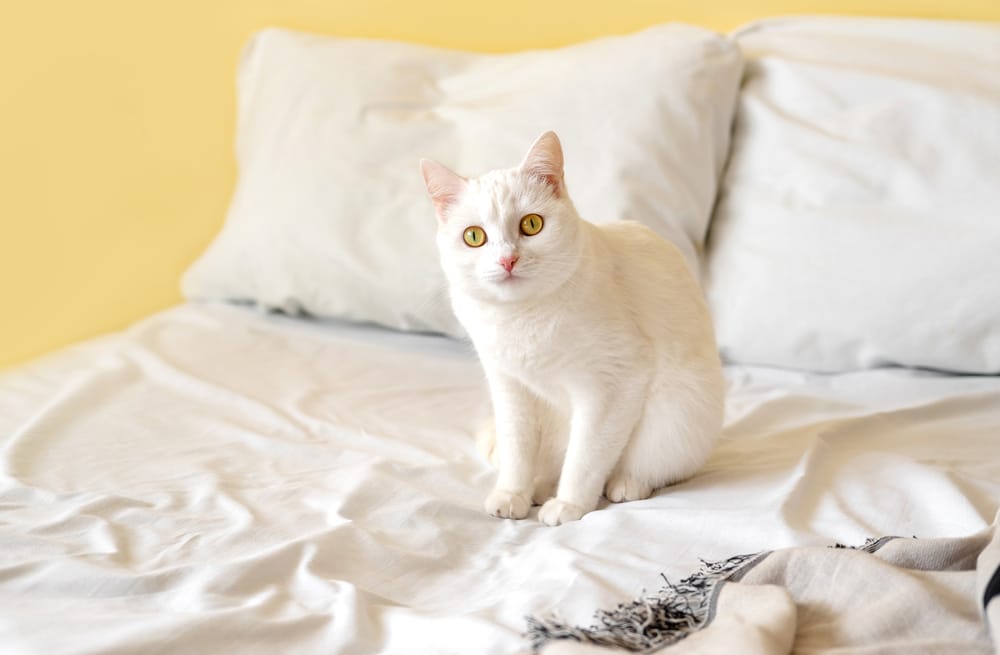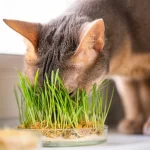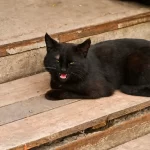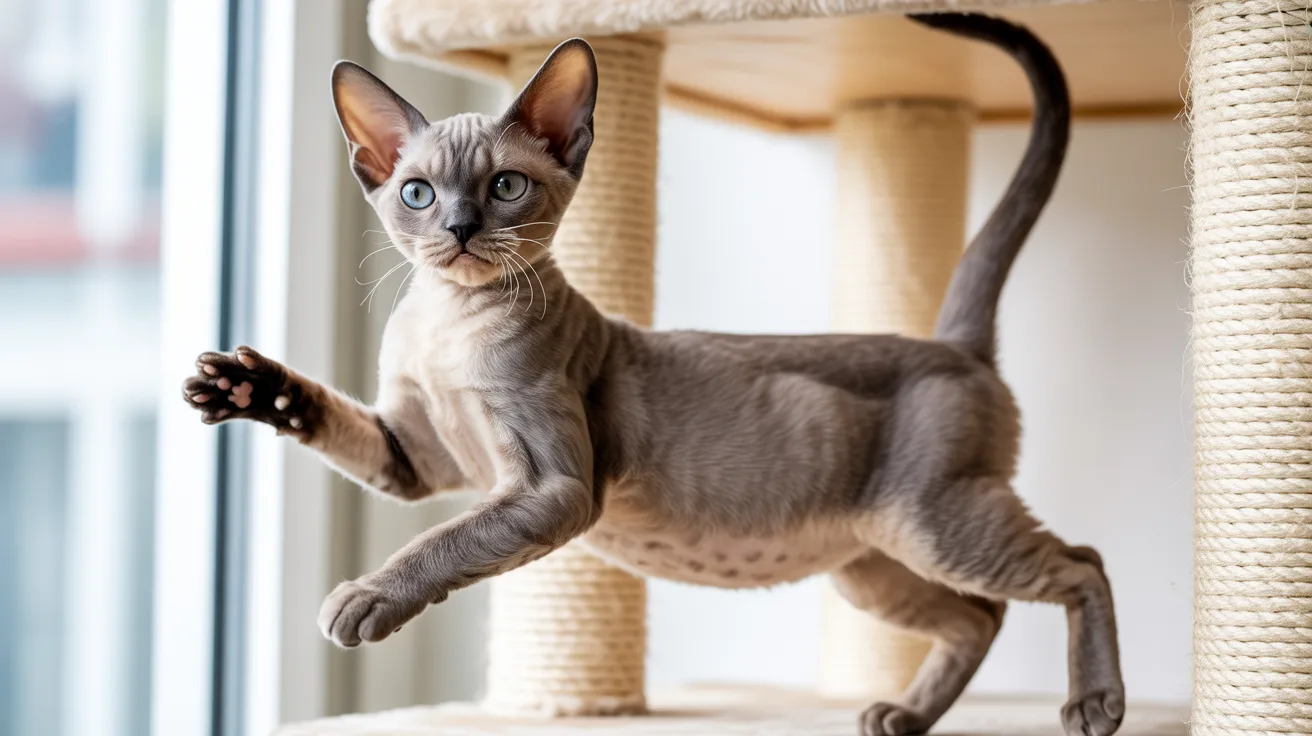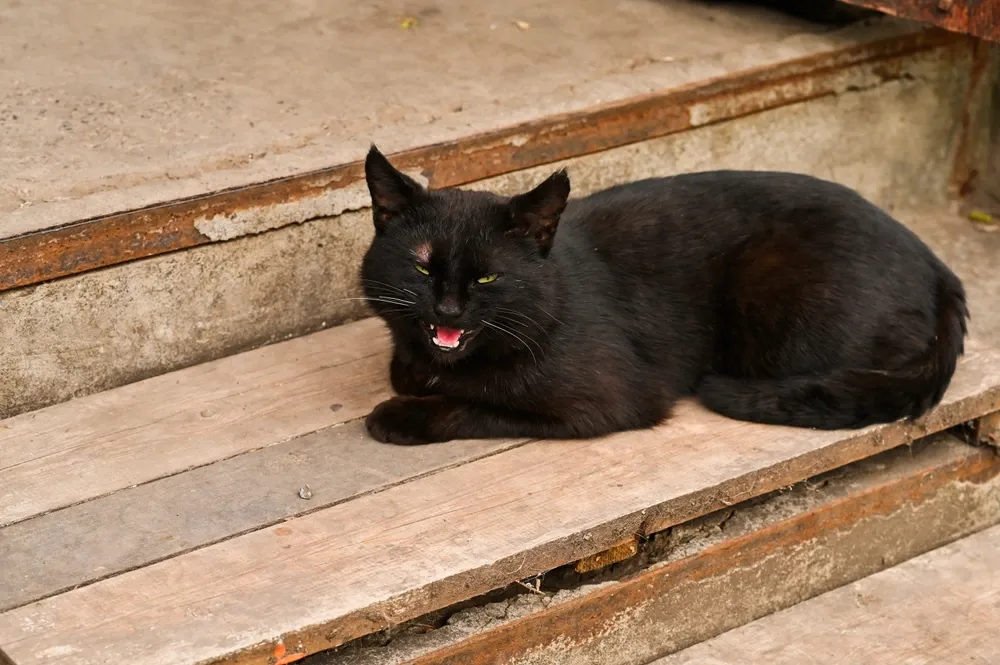As a cat owner, you may be surprised to learn that cats can develop acne, just like humans. These small, raised bumps often appear on a cat’s chin and can cause discomfort if left untreated. But when should you seek Cat Acne Treatment? And how can you care for your feline friend as they age? Here are some tips to help you navigate these common concerns.
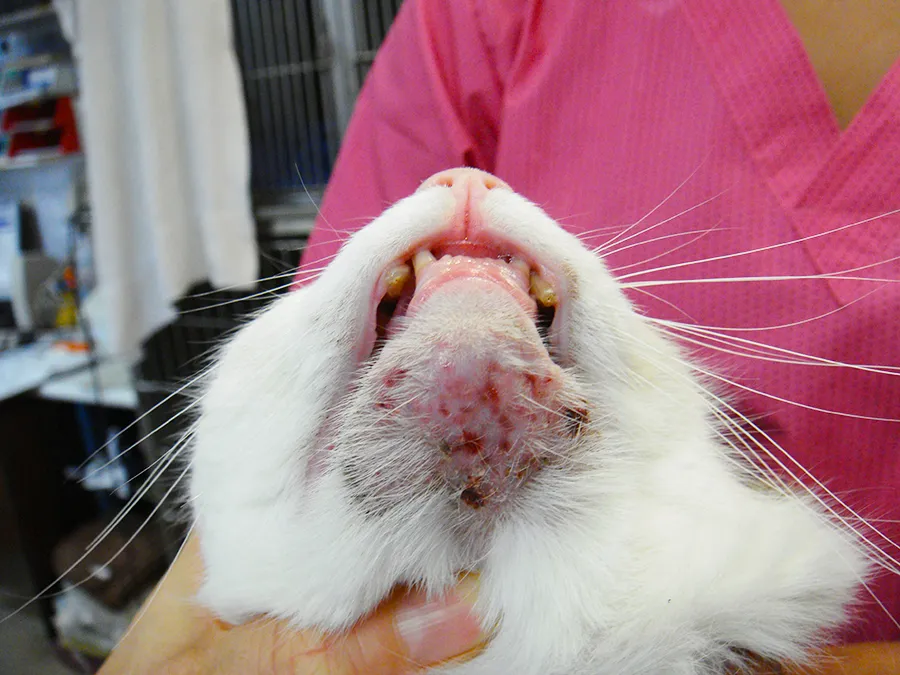
Content
Understanding Cat Acne: Causes and Symptoms
Cat acne is typically caused by blocked hair follicles and an overproduction of oils. Dirt, bacteria, or even a reaction to plastic food and water bowls can trigger this condition. You might notice blackheads, swelling, or irritation on your cat’s chin. While cat acne is usually mild, severe cases can lead to infections that require veterinary care.
If you spot signs of acne on your cat, it’s essential to keep the affected area clean. Gently cleanse your cat’s chin with a mild antiseptic recommended by your vet. Avoid squeezing the pimples, as this can worsen the condition and lead to infection. If the acne persists or seems to cause your cat discomfort, it’s time to seek professional Cat Acne Treatment. Your veterinarian may prescribe topical or oral medications to manage the condition effectively.
Aging Gracefully:
As your cat ages, their needs will change, and it’s crucial to adapt your care routine accordingly. But When is a Cat Considered a Senior? Generally, cats are considered seniors around the age of seven. However, some cats may show signs of aging earlier or later, depending on their health and breed.
Senior cats are more prone to various health issues, including arthritis, dental disease, and kidney problems. Regular veterinary check-ups become even more important during this stage of life. Your vet can help you monitor your cat’s health and recommend dietary changes or supplements to support their well-being.
Tips for Caring for Your Senior Cat
As your cat transitions into their senior years, consider the following tips to keep them healthy and comfortable:
- Regular Vet Visits: Schedule at least two veterinary check-ups per year. Early detection of health issues is key to maintaining your senior cat’s quality of life.
- Adjust Their Diet: Senior cats may benefit from a diet formulated specifically for older felines. These diets often contain higher levels of protein and fewer calories to help maintain muscle mass and prevent weight gain.
- Provide a Comfortable Environment: As cats age, they may develop mobility issues. Ensure your home is senior-cat friendly by providing ramps, soft bedding, and easily accessible litter boxes.
- Monitor Their Behavior: Keep an eye on changes in your cat’s behavior, such as increased thirst, changes in litter box habits, or decreased activity. These could be signs of underlying health issues that need veterinary attention.
Caring for a cat with acne or an aging feline requires attention and understanding. By recognizing the signs and knowing when to seek professional help, you can ensure your cat stays healthy and happy throughout their life.

Nancy, our tech-savvy pet parent, explores the latest in pet tech, from smart toys to interactive feeders.


